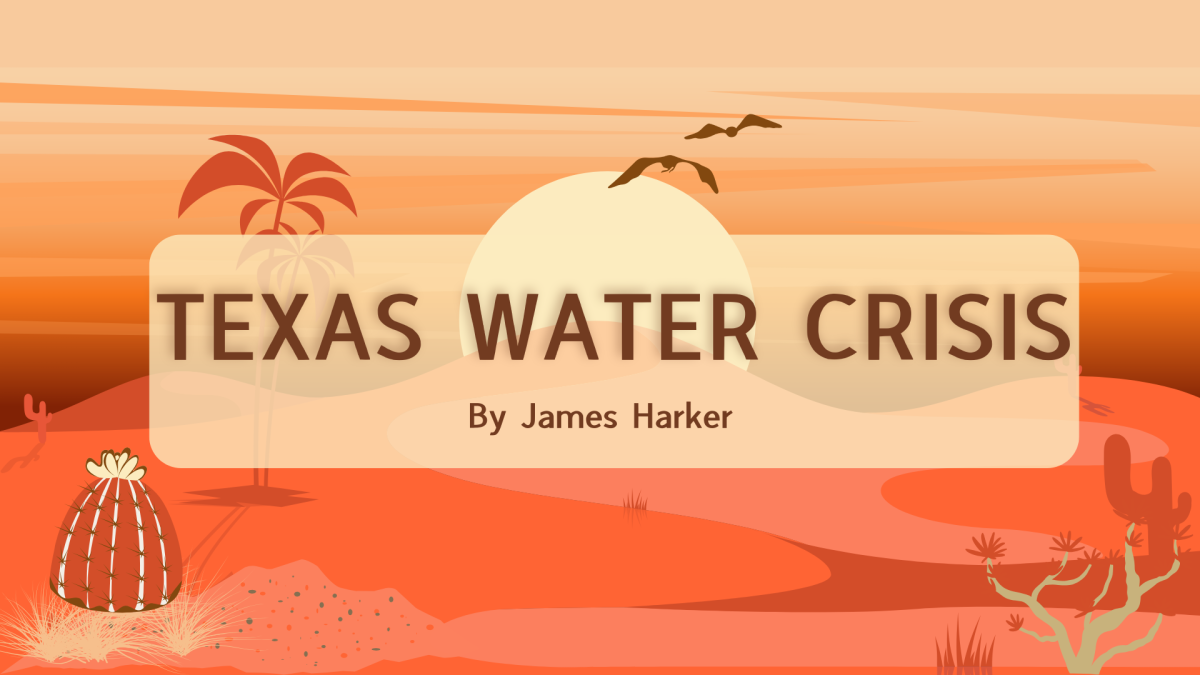Interactive Fiction
Lots of video games that we play have cool animations, colorful pictures, and awesome sound effects, but before these flashy scenes were invented and used, what type of games did people play?

Interactive fiction is 39 years old, making it one of the oldest forms of computer games. To this day, several of these text adventures still exist, and most of them have added graphical elements. Companies like Inkle and Choice of Games make programs that are available to people around the world. Interpreters like Parchment and TADS can load interactive fiction games. “It’s very unique and different from most games,” says Berea Suen, a 7th grader. “I like that it has a good storyline and many choices to choose from.”
According to Inform 7, the first interactive fiction game invented was Colossal Cave Adventure by Will Crowther and Don Woods in 1976. This text adventure was written with FORTRAN, a high-level computer programming language. In 1979, Zork was made and released by Infocom, eventually becoming one of the most popular interactive fiction games.
To this day, there are several interactive fiction novels all around the world in many different languages with subjects ranging from Club Penguin to Chinese immigration. Interactive fiction novels are basically text adventures made into a book. To make a choice, you turn to a certain page that the novel instructs you to go to. For example, if you wanted to go into a cave, you would turn to page 67.
Before video games were invented, people played interactive fiction for entertainment and fun. These days, thousands of interactive fiction games from For a Change to Lost Pig are played worldwide by kids and adults alike. Some games, like The Hitchhiker’s Guide to the Galaxy and 80 Days are based on books. Others, like Galatea, are based on myths and legends. In a way, even the games that we play every day are like interactive fiction, because of all the choices and freedom to explore.



















